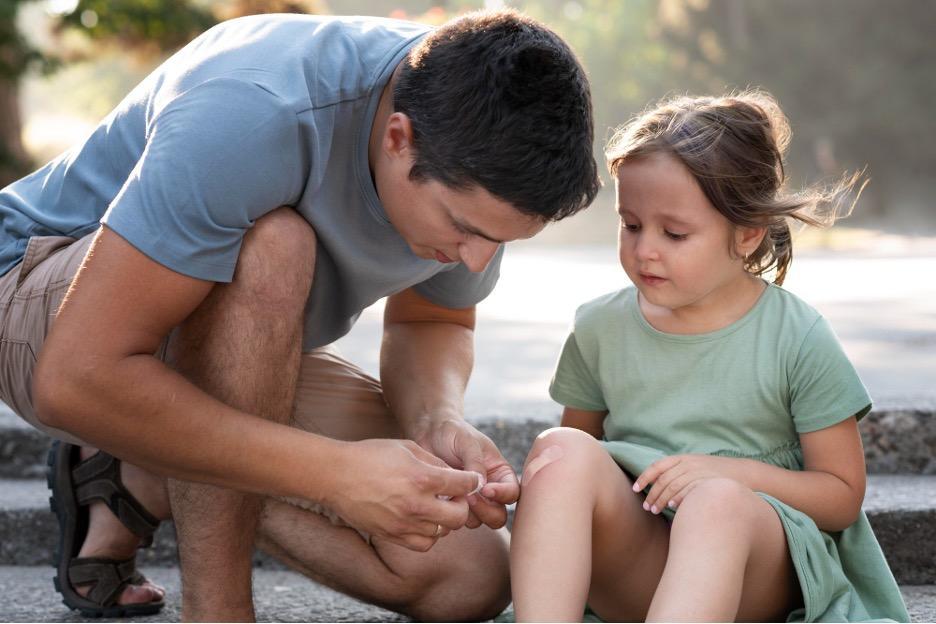
What best practices and tips can I follow in helping my child's language and communication develop?

Welcome back to our monthly blog!
Thank you for continuing to support our efforts.
This month, I would like to address a topic many parents have questions about; Language Development.
As a pediatrician and mom, I realize how important it is to give our children the tools to maximize their speech development. We all want what is best for our children. We can be a big factor in our children’s progress by incorporating some important practices.
Here are a few key components to language development.
From the moment our baby comes into this world, they have the ability to comprehend and produce language. The early stage of language may be a cry out to let us know they are hungry, wet or just tired. When parents respond to a babies cries and sounds, they begin to notice the relationship between vocalization and getting their needs met. This encourages communication.
Our infants’ brain continues to develop as does their ability to comprehend and produce language. Language is learned by taking in information and processing the meaning behind sights and sounds. Our baby begins to mimic the sounds of other people.
The more our baby is exposed to language, the more opportunities they have to develop communication. Talk to your baby frequently. Make eye contact. Use clear adult sentences. Facial expressions, hand gestures as well as pointing to objects with a description is a great brain building tool. Here at Healthy Kids Care , we emphasize all of these steps with you at your child’s appointments. .
Incorporate conversation throughout your day with your baby. Describe what you are doing while keeping eye contact. There are many opportunities to converse with your baby such as bath time, while changing their diaper, feeding time, or while doing daily chores and activities.
Reading daily to young children, starting in infancy, can help with language acquisition, communication skills, social skills, and literacy skills. This is because reading to your children in the earliest months stimulates the part of the brain that allows them to understand the meaning of language and helps build key language, literacy and social skills.
Early reading with your child is a true one-on-one opportunity for children to communicate with their parents and parents to communicate with their children. It allows children to grow their vocabulary skills with exposure to new words and develops listening skills.
I recommend choosing books with bright , colorful pictures to stimulate interest. Describe pictures, act out animal sounds and emphasize rhyming words. As your child gets older, you can incorporate other activities such as asking them questions like “what do you think will happen next”.
Creating opportunities to encourage your child to practice communication will assist in their development.
A) Acknowledge your child when they are babbling or making sounds.
B) Put items slightly out of reach and wait for them to ask for the item in some way.
C) When your baby is forming a word, elaborate on the word. Example “dada” “yes, dada loves you very much”
D) Repeat their words to demonstrate you are listening and understand. “Milk” “would you like some milk”
E) Engagement empowers your child to try new words and to communicate in new ways. Try to respond quickly to all attempts of communication.
F) Talk to your baby about a family picture. Create a story. Describe what is happening. Point and say the names of family members.
G) Help your child understand concepts such as up and down, right and left, first and last.
”At Healthy Kids Care we are here to answer all your questions and concerns.
Your child’s health and progress is always our priority!
You Might Also Enjoy...


Creative Ways to Promote Healthy Eating in Children

Recognizing the Signs of Anxiety in Young Children and What Parents Can Do?

10 Tips for Better Sleep Hygiene

Christmas safety tips


